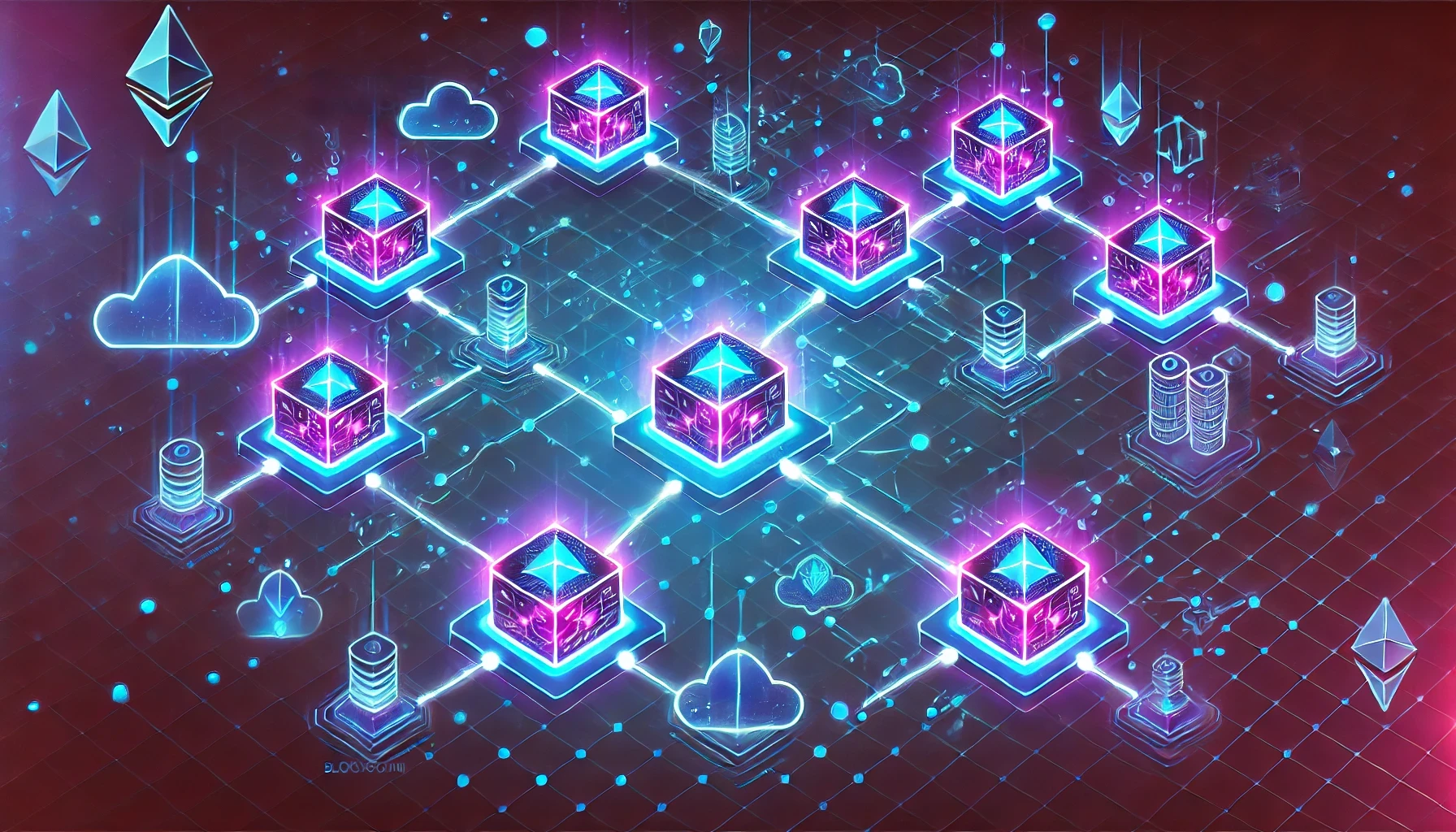Smart contracts have revolutionized the way we execute agreements, automate processes, and ensure transparency on the blockchain. However, their inherent limitations have given rise to an essential innovation: Smart Contract Oracles. While regular smart contracts function purely within the confines of the blockchain, oracles provide the necessary bridge to connect these contracts with real-world data. In this post, we’ll delve into the concept of smart contract oracles, explore their differences from regular smart contracts, and understand their pivotal role in the blockchain ecosystem.
What are Smart Contracts?
Smart contracts are self-executing contracts with the terms of the agreement directly written into code. They automatically enforce and execute the terms of the contract when predefined conditions are met, without the need for intermediaries. These contracts are immutable, transparent, and decentralized, offering numerous benefits across various industries, from finance to supply chain management.
The Limitations of Regular Smart Contracts
Despite their advantages, regular smart contracts are limited to the data available within the blockchain. They lack the ability to interact with external systems or access real-world data. This limitation restricts their applicability to scenarios where off-chain information is crucial. For instance, a smart contract designed to release funds based on the outcome of a sports event cannot directly access the result from an external source.
Introducing Smart Contract Oracles
Smart contract oracles are third-party services that provide smart contracts with external data, enabling them to interact with the outside world. Oracles act as a bridge between the blockchain and real-world data sources, such as APIs, web services, and other off-chain systems. By doing so, they enhance the functionality and versatility of smart contracts, allowing them to respond to real-world events and conditions.
How Oracles Work
1. Data Request: A smart contract makes a request for external data.
2. Oracle Query: The oracle queries the external data source for the requested information.
3. Data Retrieval: The oracle retrieves the data from the external source.
4. Data Submission: The oracle submits the retrieved data back to the smart contract.
5. Contract Execution: The smart contract processes the received data and executes its predefined logic based on the new information.
Types of Oracles
1. Inbound Oracles: Provide external data to the blockchain (e.g., weather data, stock prices).
2. Outbound Oracles: Send data from the blockchain to external systems (e.g., triggering a payment on a traditional financial network).
3. Consensus-based Oracles: Use multiple data sources and achieve consensus on the correct data, ensuring accuracy and reliability.
4. Human Oracles: Involve human verification and input for providing data (e.g., experts verifying specific information).
5. Software Oracles: Connect to online data sources and APIs to fetch real-time data.
Differences Between Regular Smart Contracts and Oracle-Enhanced Smart Contracts
| Feature | Regular Smart Contracts | Oracle-Enhanced Smart Contracts |
|---|---|---|
| Data Source | On-chain | Off-chain and on-chain |
| Interoperability | Limited to blockchain data | Can interact with external systems |
| Use Cases | Restricted to on-chain events | Applicable to a wide range of real-world scenarios |
| Flexibility | Limited by blockchain data availability | Highly flexible, accessing diverse data sources |
| Reliability | Inherently reliable within blockchain | Depends on oracle service reliability and security |
Real-World Applications of Smart Contract Oracles
1. Decentralized Finance (DeFi): Oracles provide real-time price feeds, enabling functionalities like collateralized loans, stablecoins, and decentralized exchanges.
2. Insurance: Smart contracts can automatically execute claims based on external data, such as flight delays or weather conditions.
3. Supply Chain Management: Oracles can track and verify the movement of goods, ensuring transparency and authenticity.
4. Gaming and Betting: Oracles provide real-time event outcomes, facilitating automated payouts and fair play.
5. IoT Integration: Smart contracts can interact with IoT devices, enabling automated actions based on sensor data.
Conclusion
Smart contract oracles are a critical advancement in the blockchain ecosystem, extending the capabilities of regular smart contracts by connecting them with real-world data. This innovation opens up a myriad of possibilities, from automated financial products to transparent supply chains and beyond. As the blockchain industry continues to evolve, oracles will undoubtedly play a pivotal role in bridging the gap between decentralized networks and the real world, driving further adoption and innovation.
By understanding the differences and applications of smart contract oracles, we can better appreciate their significance and potential in shaping the future of decentralized technologies.

